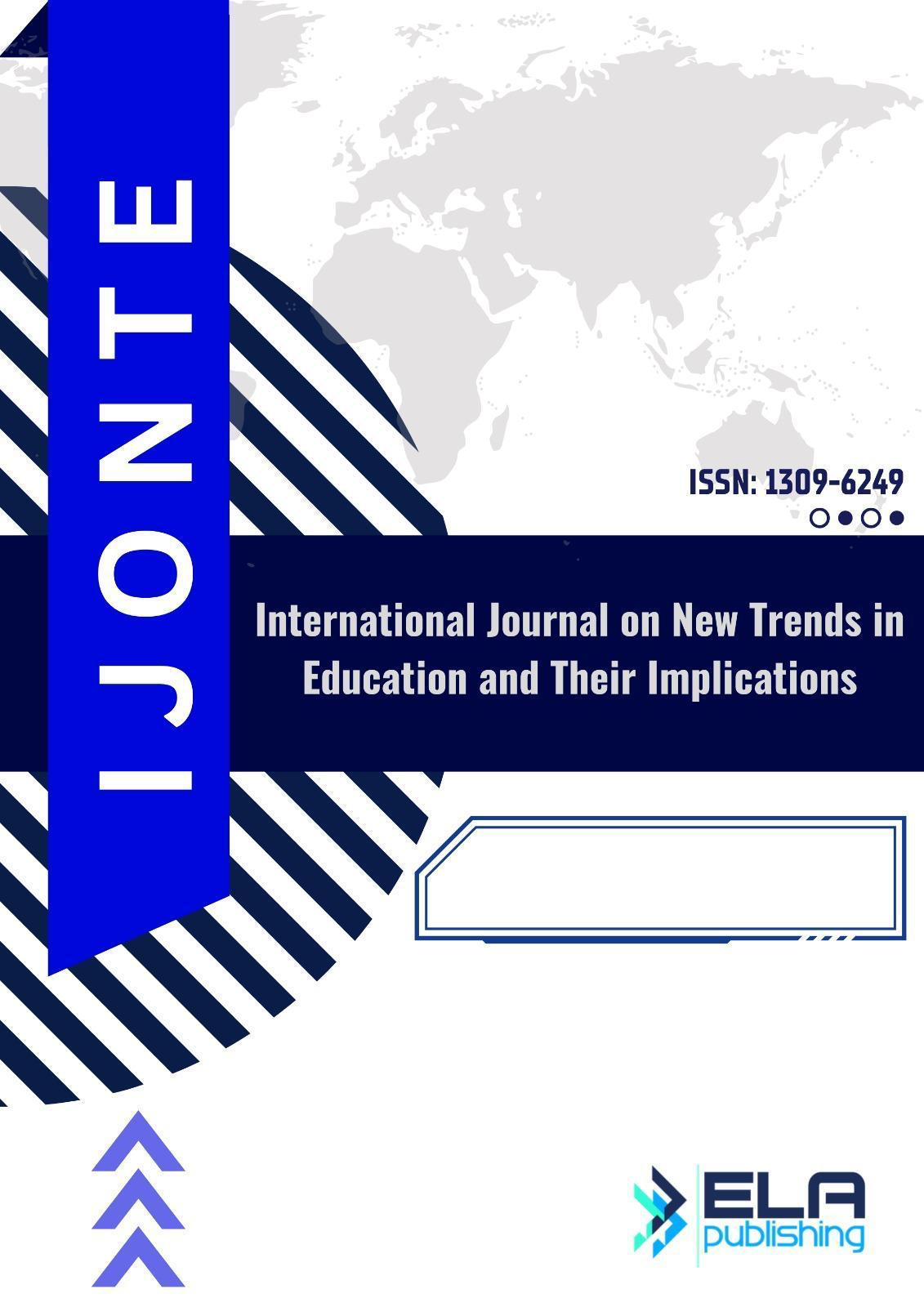Research article | Open Access
International Journal on New Trends in Education and Their Implications 2016, Vol. 7(3) 23-32
Mobile Literacy Requirements in the Context of Lifelong Learning
pp. 23 - 32
Publish Date: July 31, 2016 | Single/Total View: 18/12 | Single/Total Download: 20/10
Abstract
Keywords: Globalization, Lifelong Learning, Mobile Literacy, Mobile Technology, Mobile Applications
APA 7th edition
VATANSEVER, I., & KESKIN, N.O. (2016). Mobile Literacy Requirements in the Context of Lifelong Learning. International Journal on New Trends in Education and Their Implications, 7(3), 23-32.
Harvard
VATANSEVER, I. and KESKIN, N. (2016). Mobile Literacy Requirements in the Context of Lifelong Learning. International Journal on New Trends in Education and Their Implications, 7(3), pp. 23-32.
Chicago 16th edition
VATANSEVER, Ilker and Nilgun OZDAMAR KESKIN (2016). "Mobile Literacy Requirements in the Context of Lifelong Learning". International Journal on New Trends in Education and Their Implications 7 (3):23-32.
